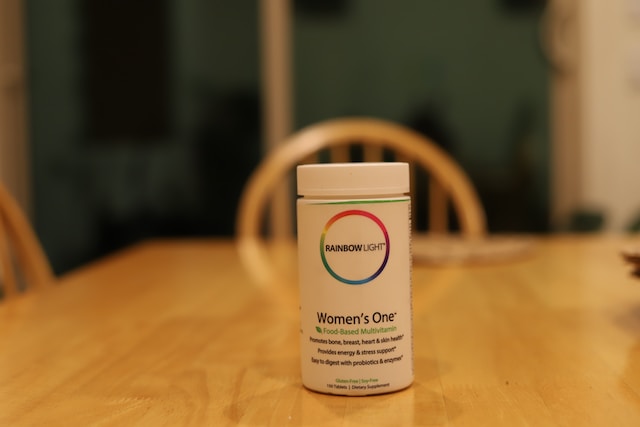Introduction: The question of whether to take a multivitamin every day is a common one, with varying opinions and conflicting information available. To make an informed decision, it’s important to consider what scientific research has to say about the daily use of multivitamins. In this article, we explore the current scientific understanding regarding the daily consumption of multivitamin supplements.
Balanced Diet vs. Multivitamins: A well-balanced diet that includes a variety of nutrient-rich foods is generally considered the best way to obtain essential vitamins and minerals. Whole foods provide not only the necessary nutrients but also other beneficial compounds and fiber. However, studies have shown that many individuals do not consistently meet their nutritional needs through diet alone, which is where multivitamins can potentially play a role.
Research Findings on Multivitamin Use:
- Limited Benefits for Healthy Individuals: For generally healthy individuals who consume a balanced diet, the evidence regarding the overall health benefits of daily multivitamin use is mixed. Several large-scale studies have shown little to no significant reduction in the risk of chronic diseases or mortality associated with regular multivitamin supplementation.
- Potential Benefits for Specific Groups: Certain populations may benefit from multivitamin use. For example, pregnant women are often advised to take prenatal vitamins to ensure adequate intake of key nutrients for fetal development. Older adults, especially those with dietary restrictions or reduced nutrient absorption, may also benefit from targeted multivitamins designed for their specific needs.
- Nutrient Gaps and Deficiencies: Multivitamins can be useful for individuals with known nutrient deficiencies or those at risk of specific deficiencies due to dietary restrictions or certain health conditions. They can help bridge nutrient gaps and provide the necessary vitamins and minerals to support overall health.
- Safety Considerations: Multivitamins are generally considered safe when taken as recommended. However, it is important to follow dosage instructions and avoid excessive intake, as some vitamins and minerals can be harmful in high doses. Consultation with healthcare professionals is advised, especially if you have underlying health conditions, take medications, or have concerns about potential interactions.
- Individual Variations: The response to multivitamin supplementation can vary among individuals due to factors such as genetics, existing nutrient levels, lifestyle, and overall health. Some individuals may experience positive effects on energy levels, immune function, or general well-being, while others may not notice any significant changes.
Conclusion: The decision to take a multivitamin every day depends on various factors, including individual nutritional needs, dietary habits, and health conditions. While a balanced diet should be the primary source of essential nutrients, multivitamins can be beneficial for specific groups, such as pregnant women or individuals with known deficiencies. For generally healthy individuals, the scientific evidence regarding the overall benefits of daily multivitamin use is limited. It is recommended to consult with healthcare professionals to assess your specific needs and determine whether regular multivitamin supplementation is appropriate for you. Remember, personalized advice based on your unique circumstances is key to making informed decisions about multivitamin use.











